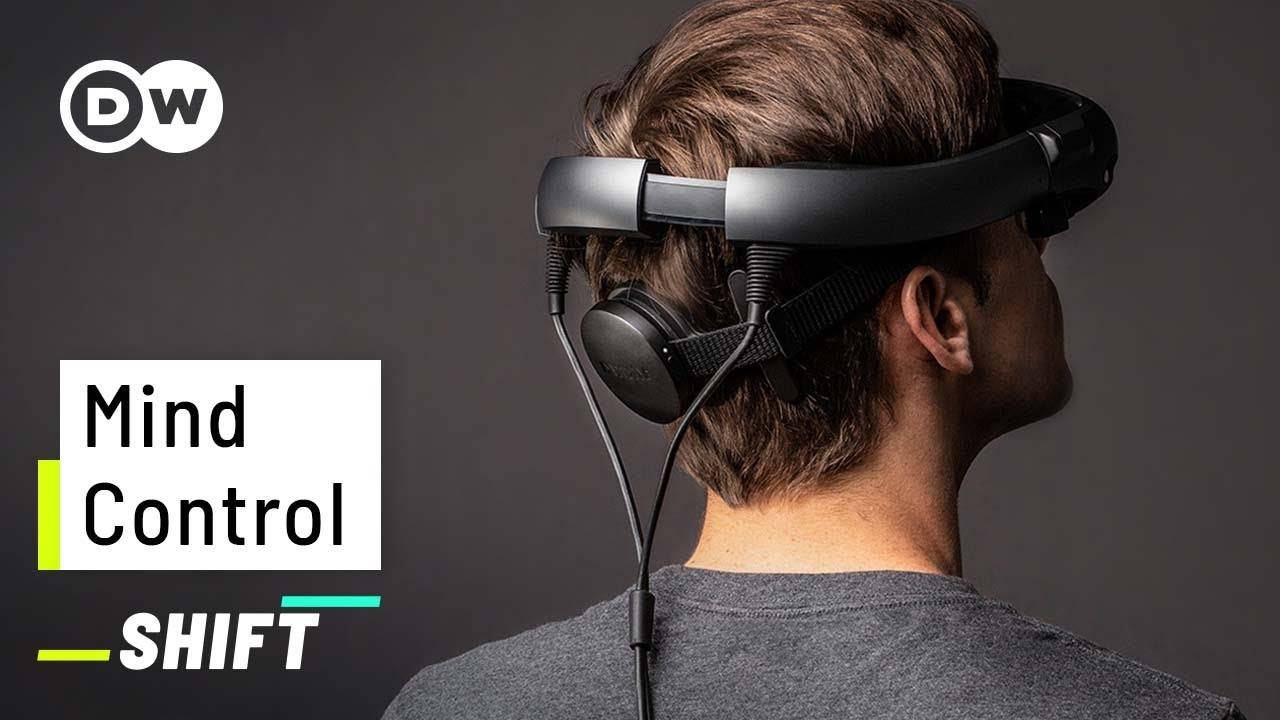Brain-Computer Interfaces: Controlling Devices with Your Mind
Imagine a world where you can operate your computer, smartphone, or even prosthetic limbs just by thinking about it. This isn't science fiction; it's the reality that brain-computer interfaces (BCIs) are bringing to life. Let's explore how BCIs work, their applications, recent advancements, challenges, and what the future holds.
What Are Brain-Computer Interfaces?
Brain-computer interfaces are systems that create a direct communication pathway between the brain and external devices. They interpret brain signals and translate them into commands that can control various devices, effectively allowing thoughts to drive actions without physical movement.
How Do BCIs Work?
BCIs operate by detecting electrical signals produced by neurons in the brain. These signals are captured using sensors placed on the scalp (non-invasive) or implanted within the brain (invasive). Advanced algorithms then decode these signals to understand the user's intentions, which are translated into commands for external devices.
Applications of BCIs
1. Medical Rehabilitation: BCIs assist individuals with neurological disorders or injuries by restoring lost functions. For example, they enable patients with paralysis to control prosthetic limbs or computer cursors through thought alone.
2. Communication: For those unable to speak or move, BCIs provide a means to communicate. By interpreting brain signals, these individuals can form words or sentences on a screen, facilitating interaction with others.
3. Gaming and Virtual Reality: In the entertainment industry, BCIs offer immersive experiences by allowing users to control game elements or navigate virtual environments using their minds, enhancing user engagement.
4. Mental Health Monitoring: BCIs can monitor brain activity to detect signs of mental health issues such as depression or anxiety, enabling early intervention and personalized treatment plans.
Recent Advancements in BCIs
The field of BCIs has seen significant progress in recent years:
- Non-Invasive Techniques: Researchers have developed high-resolution neural recording methods that detect brain activity without the need for surgical implants, making BCIs more accessible and reducing associated risks.
- Integration with Virtual Reality (VR) and Augmented Reality (AR): Combining BCIs with VR and AR technologies creates immersive environments where users can interact with virtual objects or navigate digital spaces using their brain signals, enhancing applications in neurorehabilitation and gaming.
- Advancements in Neural Implants: Companies like Synchron have developed minimally invasive brain implants, such as the "stentrode," which can be inserted without the need for open-brain surgery. These devices have enabled patients with conditions like ALS to control digital devices using their thoughts, improving their quality of life.
Challenges Facing BCIs
Despite the exciting advancements, BCIs face several challenges:
- Signal Reliability: Ensuring consistent and accurate interpretation of brain signals is complex, as neural activity can be influenced by various factors, leading to potential inaccuracies.
- Long-Term Stability: Maintaining the performance of implanted BCIs over time is challenging due to potential tissue reactions and device degradation.
- Ethical Considerations: The ability to read and potentially influence thoughts raises ethical questions about privacy, consent, and the potential for misuse.
- Accessibility and Cost: Developing affordable and user-friendly BCIs is essential to ensure widespread adoption, particularly for individuals who could benefit most from the technology.
The Future of BCIs
Looking ahead, BCIs hold immense potential:
- Enhanced Human Abilities: Beyond medical applications, BCIs could augment human capabilities, such as memory enhancement or direct brain-to-brain communication, opening new frontiers in human interaction.
- Widespread Adoption: As technology advances and becomes more accessible, BCIs may become commonplace, integrated into daily life for various applications, from controlling smart home devices to enhancing virtual reality experiences.
- Ethical Frameworks: Developing robust ethical guidelines will be crucial to navigate the complexities associated with BCIs, ensuring that advancements benefit society while protecting individual rights.
Brain-computer interfaces are transforming the way we interact with technology, breaking down barriers between thought and action. As research progresses, BCIs promise to revolutionize fields ranging from medicine to entertainment, offering new opportunities to enhance human capabilities and improve quality of life.
Please follow for more.


